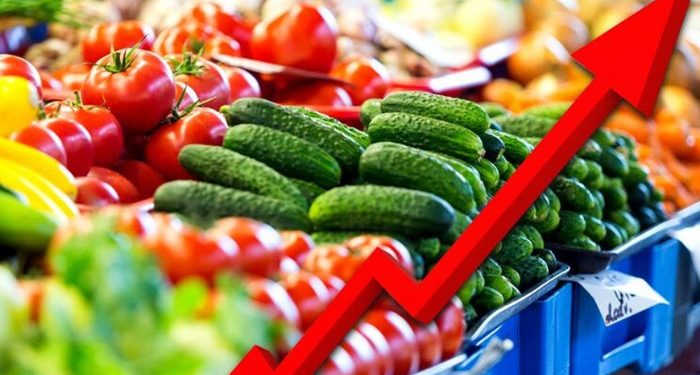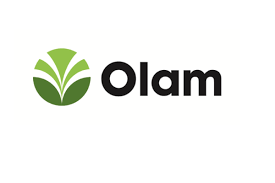The latest General Household Survey Panel (Wave 5) report by the National Bureau of Statistics (NBS), in collaboration with the World Bank, highlights the growing food insecurity in Nigeria, with 71% of households reporting higher food prices and over a third facing food shortages last year. The report shows that food shortages peaked in the months of June, July, and August, worsening the situation.
Nearly half of the households, 48.8%, resorted to reducing food consumption as a coping strategy. “In the past 12 months, more than one-third of households faced food shortages, which occurred more frequently in the months of June, July, and August,” the report stated.
The report also revealed a significant rise in households worried about not having enough food to eat, with this concern growing from 36.9% in 2019 to 62.4% in the latest survey. The increase is attributed to the rise in food insecurity, with many families struggling to meet basic dietary needs.
Further findings include that 65.8% of households were unable to afford healthy, nutritious, or preferred foods, and 63.8% ate fewer food types due to financial constraints. In addition, 62.4% expressed concern about food shortages, and 60.5% ate less than they thought necessary. Alarmingly, 12.3% of households reported going without food for an entire day, while 20.8% had to borrow food or rely on assistance from family and friends.
The report also revealed stark regional differences. Households in southern Nigeria reported higher levels of food insecurity than those in the north. For instance, the proportion of households skipping meals ranged from 50.1% in the South West to 62.4% in the South East, compared to 34.0% in North Central and 48.3% in the North East.
The South-South zone recorded the highest rates in five out of eight indicators of food insecurity, while North Central had the lowest in six of the eight categories. This highlights the regional disparities in food access and the growing challenge faced by many households in securing enough to eat.










